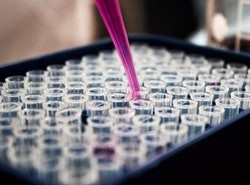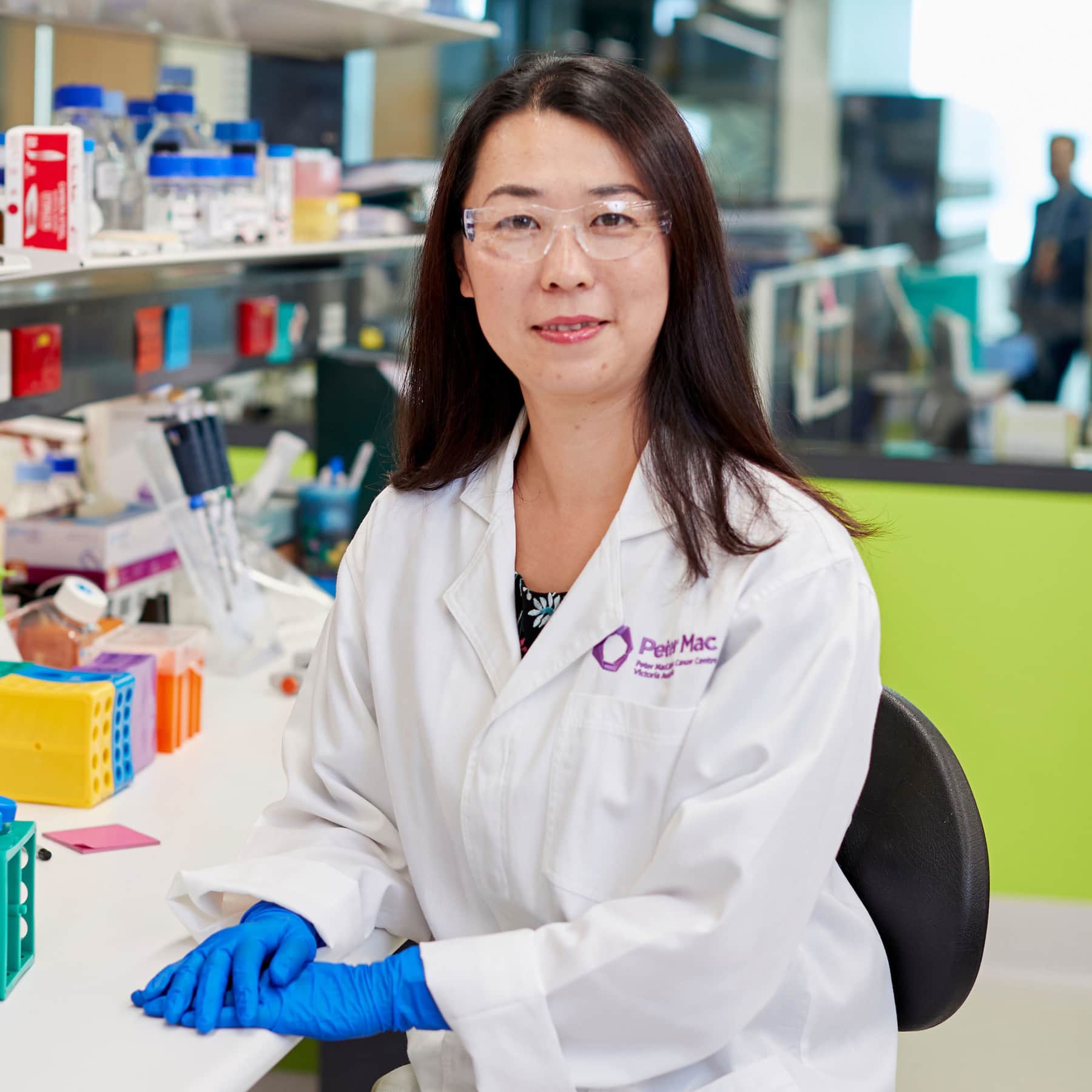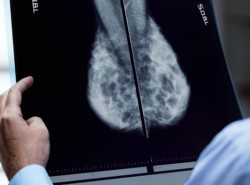
Enhancing immunotherapy for breast cancer
Published: 10/7/19 11:23 PM

Clare Slaney
An exciting cancer treatment, called immunotherapy, involves using the body’s own immune system to fight tumours. The immune system consists of white blood cells which protect the body against disease, and these include subtypes called T cells and antigen presenting cells (APCs). T cells can detect abnormal or unhealthy cells and initiate an immune response, whilst APCs present antigens to T cells to boost and amplify the immune response. The most powerful immune response requires these two types of cells to engage with each other and work together.
A very promising immunotherapy involves an injection of a patient’s own T cells that have been modified to have an anti-cancer molecule (called a CAR) on their surface. Some leukaemias can be cured using CAR T cells, which naturally engage APCs, leading to massive multiplication of CAR T cells, which go on to destroy the leukaemia. However, CAR T cells of the type used for breast cancer do not naturally engage APCs and multiply, consequently having little effect against breast cancer tumours.
To combat this, Dr Slaney and her research team will produce a brand new type of molecule, called Bispecific Engager of APCs and T cells (BEAT). This will be produced using gene engineering and biochemical methods and tested with various cells to help determine the best combinations for blocking tumours.
The best BEAT will then be used in combination with an injection of CAR T cells against breast cancer, to examine its anti-tumour effects and safety.
If successful, this new combination of CAR T cells and BEAT could significantly enhance the effectiveness of immunotherapy for breast cancer treatment.

